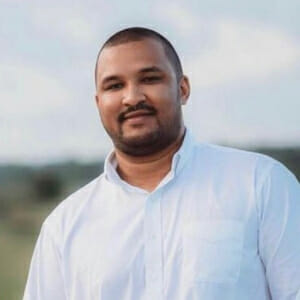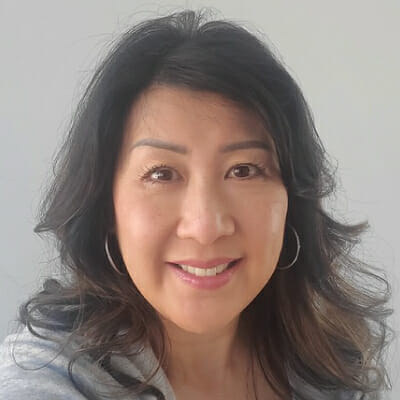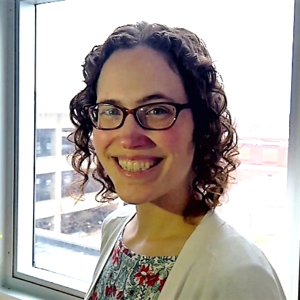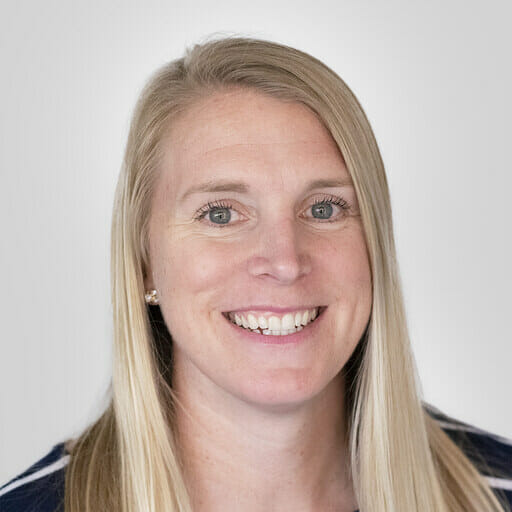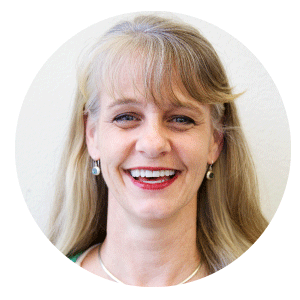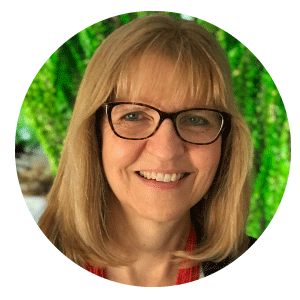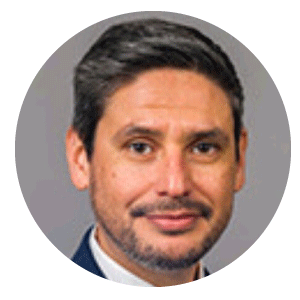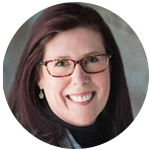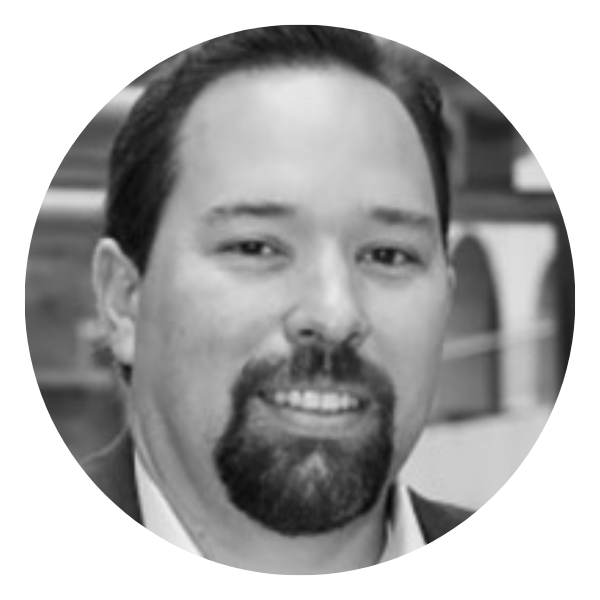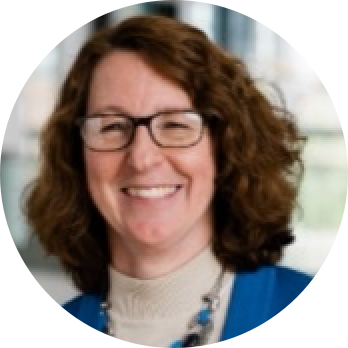Whether we realize it or not, biases exist that can lead to unfair assumptions about others that have tangible negative consequences.
Join the webinar to learn how higher ed institutions and organizations can address and overcome implicit bias to develop inclusion.
This webinar will show you how to:
- Recognize the types of biases that exist
- Realize the negative impact biases can have on culture, reputation, and members of the institution
- Acknowledge biases, create awareness, and take steps to address them
- Understand the true value and importance of inclusion in DEI efforts
Speakers
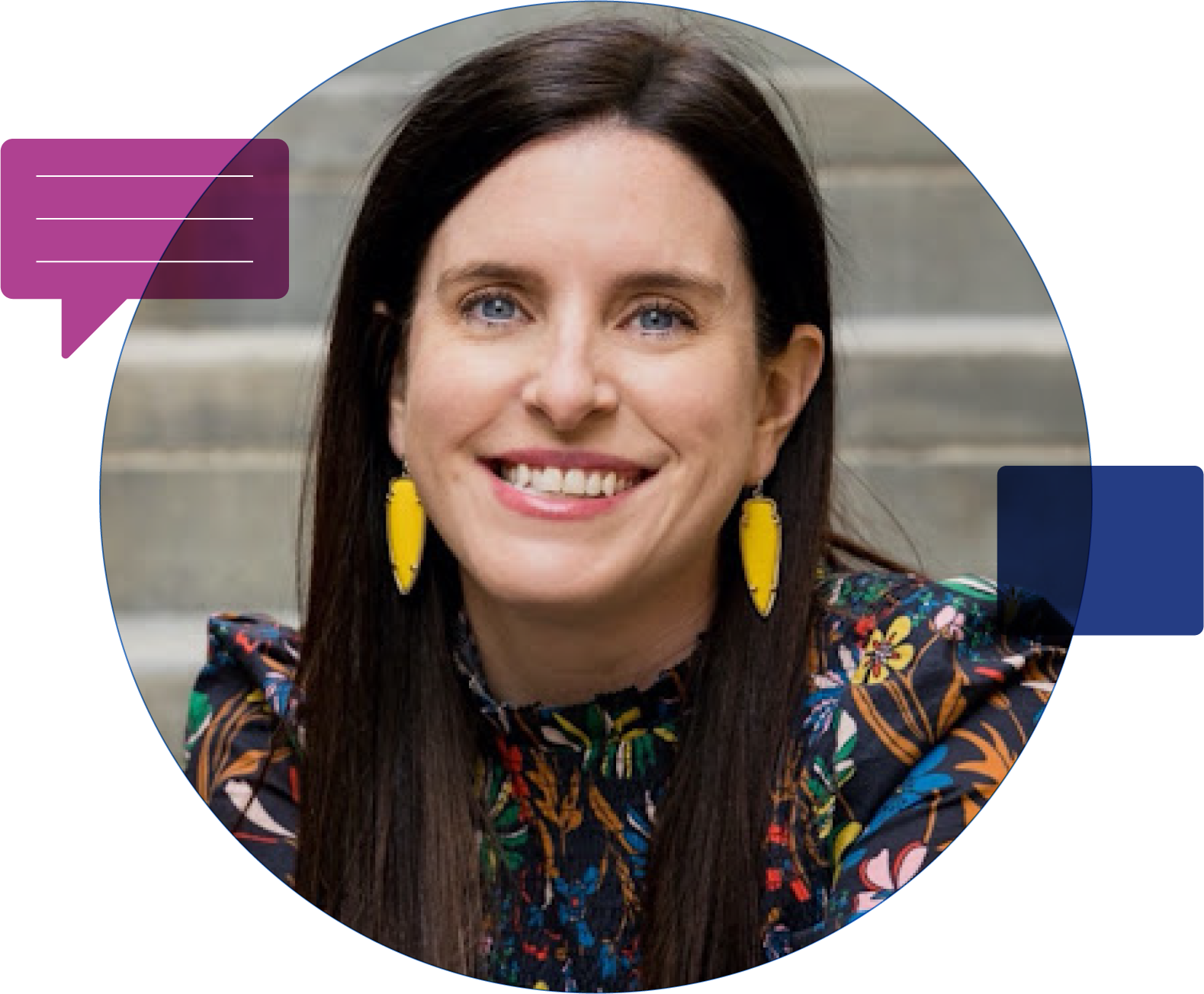
Bethany Adams
MA, SHRM-SCP, Villanova University
Bethany Adams has more than 15 years of experience in HR and education. She began her career working in training & development and HR in the restaurant & retail industries. She has experience in both small, privately-owned businesses and large, Fortune 500 organizations. Bethany holds a BA in Psychology, MA in Organizational Management, SHRM-SCP certification, and is a Certified Genos International Emotional Intelligence Practitioner.
Bethany teaches at Villanova University in the Graduate Programs in Human Resource Development. She has spoken at a wide variety of HR & education conferences throughout the country and leads corporate trainings on topics including strategic HR, design thinking, DEI, and emotional intelligence. Bethany also hosts an HR podcast called HR Tea.
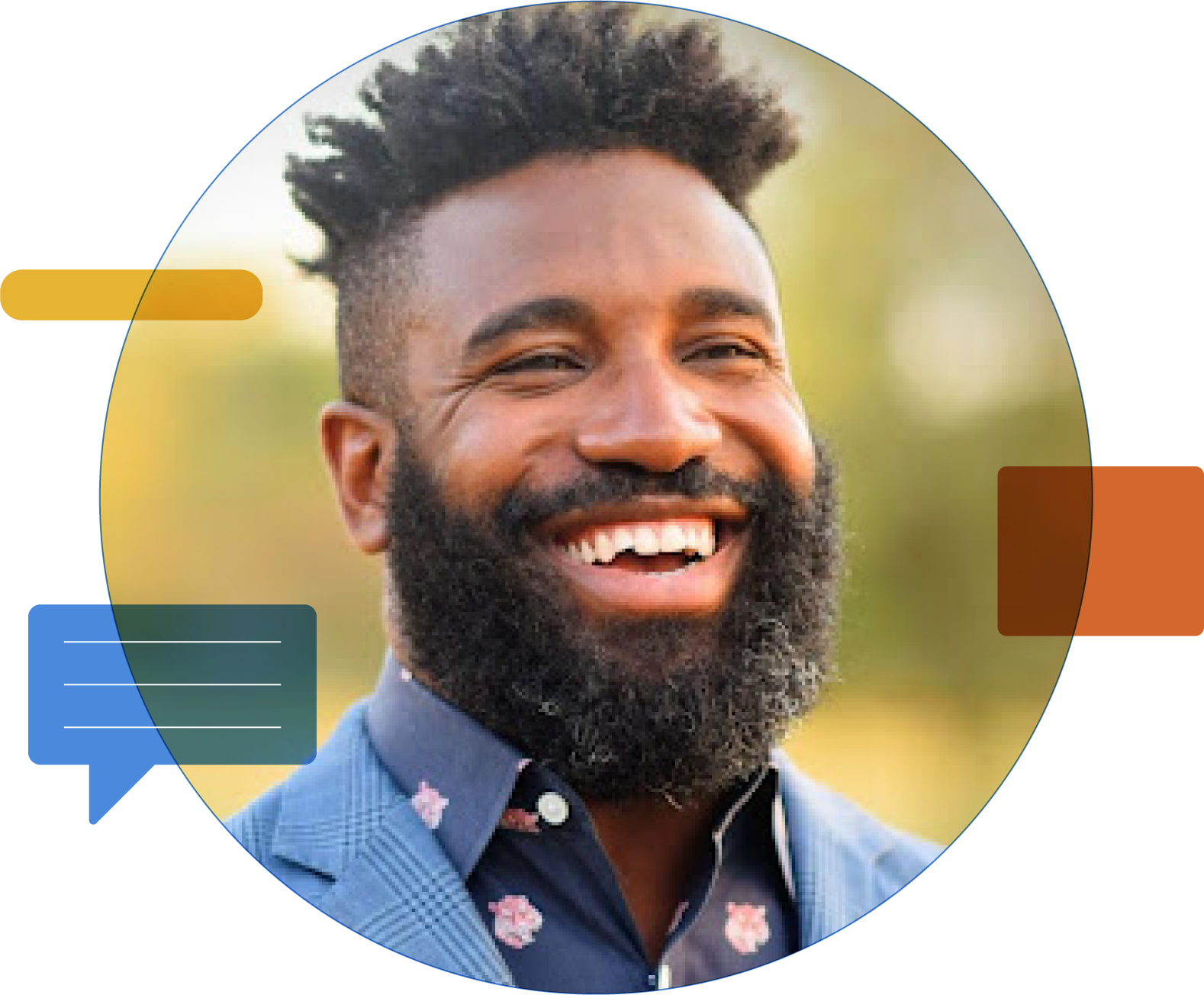
Kyle Ali
Education for Social Impact Senior Program Manager, Google Adjunct Professor, Villanova University
Kyle leads initiatives to build a diverse pipeline of future computer science professionals through unique educational programs at Google. In previous roles at Google, Kyle played a significant role shaping team cultures and strategy and led large scale initiatives, including a global effort to redefine organizational values and other projects focused on identifying and engaging diverse talent.
Kyle is also an Adjunct Professor at Villanova University and currently teaches “Diversity in a Global Economy” to graduate students.
Kyle earned undergraduate degrees in Journalism and Political Science from the University of Missouri, an MBA from Baylor University, and a Professional Certificate in Negotiation from Northwestern University.



